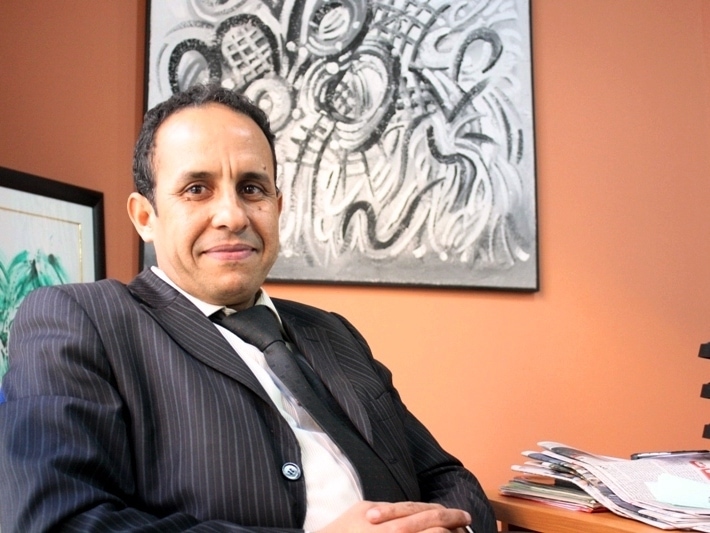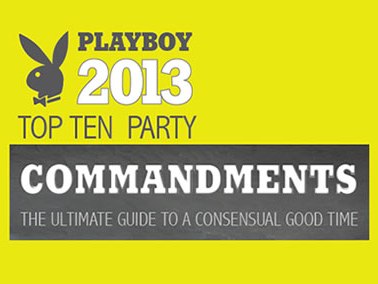Articles by Electronic Frontier Foundation (EFF)

40 non-governmental organisations call on EU to halt mass surveillance
In a letter to the president of Lithuania and the president of the European Council, Index on Censorship and 39 other NGOS call upon leaders of the European Union to discuss the issue of mass surveillance at the European Council meeting on 24 and 25 October.

How the NSA deploys malware, and how users can protect themselves
The template for attacking people with malware used by the NSA is in widespread use by criminals and fraudsters, as well as foreign intelligence agencies, so it’s important to understand and defend against this threat to avoid being a victim to the plethora of attackers out there.

More than 30 organisations unite to safeguard Canadians’ privacy rights
EFF is joining more than 30 major Canadian organizations to form the largest pro-privacy coalition in Canadian history. With the Canadian Parliament set to resume, the Protect Our Privacy Coalition has banded together to ensure Canadians get effective legal measures to protect their privacy against government intrusion.

60 human rights groups call for release of Moroccan journalist
In a second joint appeal, over 60 IFEX members and partners again call for the release of Moroccan journalist Ali Anouzla, after terrorism-related charges were laid against him.

International free expression groups call for an end to Internet censorship in Jordan
IFEX members appeal to the King to end restrictions on news websites, nearly five months after Jordanian regulators blocked some 300 sites under a new licensing provision of the Press and Publications Law.

In case of illegal drug site, don’t blame privacy-preserving technology
The increased attention on anonymity technology following an arrest in the Silk Road case in the US is a good reminder about how important it is not to blame these tools for the actions of a small portion of their users. The public wouldn’t tolerate a campaign to malign the car because of its utility as a getaway vehicle for bank robbers; we must apply the same critical thinking to essential privacy-preserving technology, argues EFF.

How the NSA is making us all less safe
By weakening encryption, the NSA allows others to more easily break it. By installing back doors and other vulnerabilities in systems, the NSA exposes them to other malicious hackers—whether they are foreign governments or criminals.

Dear Playboy: Don’t abuse trademark law to silence critics
When feminist group FORCE: Upsetting Rape Culture created a parody site posing as Playboy magazine, Playboy was quick to complain to the activists and their Internet service provider. The crux of Playboy’s complaint? The activists had used the Playboy name and logo.
